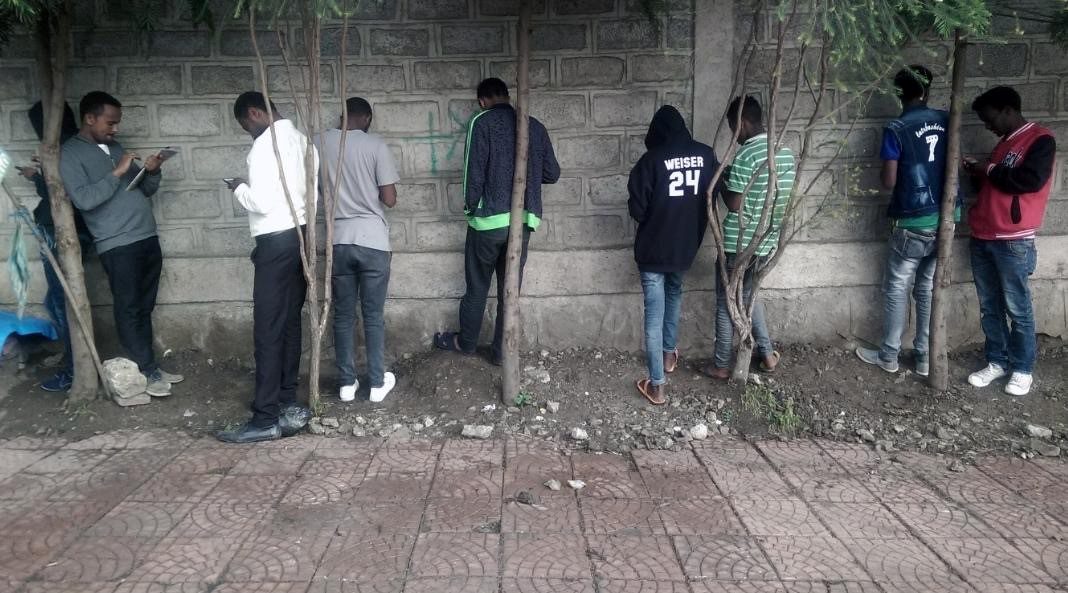As a blockade by the Ethiopian authorities on selected social media platforms enters its second month, Amnesty International’s Deputy Regional Director for East and Southern Africa, Flavia Mwangovya said:
“Ethiopian authorities have, for a month now, blocked people in the country from accessing selected social media platforms such as Facebook, Telegram, Tik Tok and YouTube. The authorities thus continue to violate people’s right to freedom of expression, which includes the freedom to seek, receive and impart information.
Authorities continue to violate people’s right to freedom of expression, which includes the freedom to seek, receive and impart information.
Flavia Mwangovya, Deputy Regional Director, East and Southern Africa
“This blockade on selected social media platforms clearly violates citizens’ rights to freedom of expression and access to information. It also flies in the face of Ethiopia’s own constitution, and national laws, as well as regional and international treaties to which Ethiopia is a party to. The restriction further stains the country’s already dismal record on media freedom.
“Amnesty International urges the Ethiopian authorities to lift this blockade without delay and to end this culture of interfering with people’s right to express themselves and to seek and receive information.”
Ethiopia’s government must end this culture of interfering with people’s right to express themselves and to seek and receive information.
Flavia Mwangovya
Background
Following tensions caused by the disagreement in Ethiopia’s Orthodox Church, the government blocked social media platforms since 9 February 2023 as the Church leaders threatened to call for country wide rallies and counter rallies.
According to media reports security forces killed people during a standoff with protesters in a Church in West Arsi zone, in Shashamane city in Oromia region.
Since 2016 Amnesty International and other organizations have documented frequent internet shutdowns or restrictions during widespread protests and in conflict areas. The war-torn Tigray Region has been cut from any means of communication, including the internet, for almost two years. The connectivity partially resumed after the Cessation of Hostilities (CoH) agreement was signed by the warring parties in November 2022.


